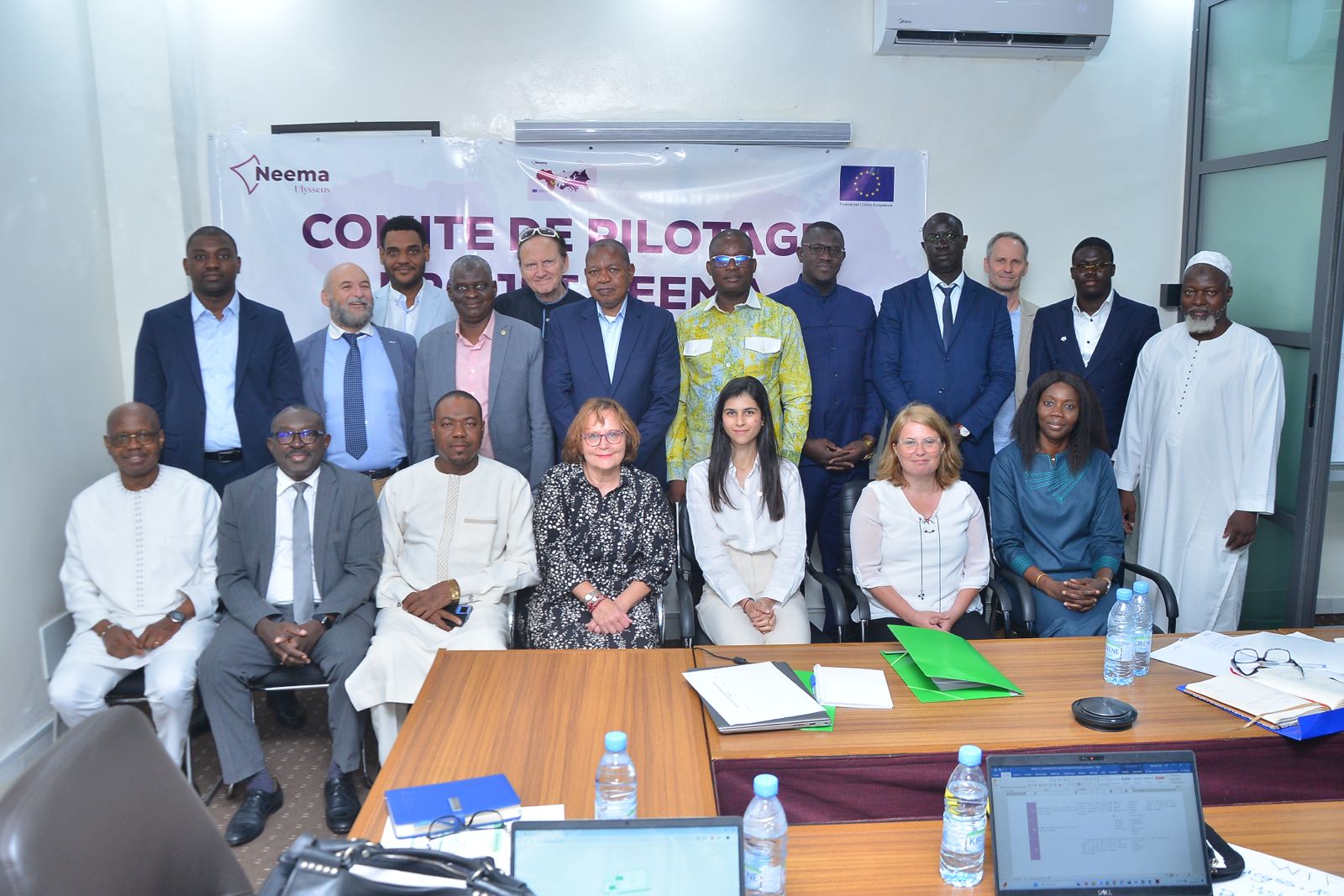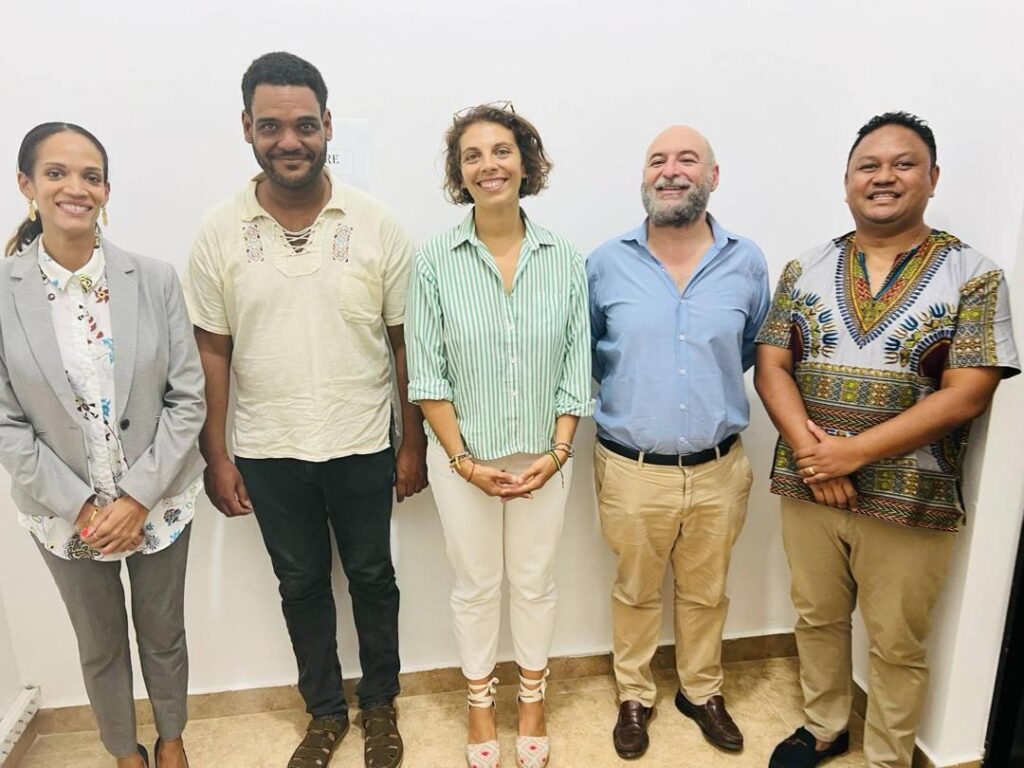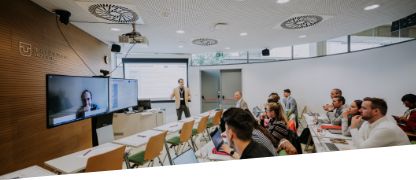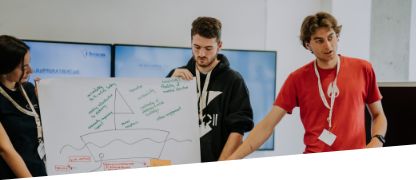NEEMA project advances through steering committee meeting in Dakar and strategic meetings with SUN
Making progress to strengthening food security and nutrition in West Africa.

On July 29 and 30, the NEEMA project steering committee held an in-person meeting in Dakar, marking a significant milestone in the project’s development. The meeting highlighted the progress made in key areas, including the completion of four country reports—Niger, Mali, Burkina Faso, and Senegal—derived from extensive research efforts.
During the meeting, project manuals were presented, guiding discussions on European practices in sustainable agriculture and food security. These discussions led to the formulation of a report containing recommendations tailored to address the specific challenges faced in the Sahel region.
In addition, the NEEMA team has commenced preparations for eight essential training modules, which will play a critical role in capacity building for higher education institutions across West Africa. This development represents an important step toward achieving the project’s overall objective of strengthening and modernizing these institutions through the creation of new knowledge adapted to the region’s needs.
Further strengthening its collaborative efforts, the NEEMA team recently held a strategic meeting with the United Nations’ Scaling Up Nutrition (SUN) movement. The SUN movement expressed a strong interest in establishing partnerships, particularly with universities in the Sahel and the Democratic Republic of the Congo. This collaboration has the potential to extend NEEMA’s impact by linking institutions focused on addressing food security challenges and promoting sustainable nutrition practices across Africa.

The NEEMA project, launched with an online kick-off meeting in February, aims to address food and nutritional security challenges in the Sahel and West Africa by adapting the European Green Deal and Farm to Fork Strategy to local conditions. Implemented by a consortium of 14 higher education institutions from Africa and Europe, the project seeks to create a Regional Food and Nutritional Resilience training and research network, develop a new curriculum, and foster social innovation across the region.
About NEEMA
NEEMA is a 36-month capacity building project of Ulysseus European University funded through the ERASMUS+ program. It aligns with the European Green Deal and Farm to Fork Strategy, adapting these frameworks to the unique challenges of the Sahel and West Africa.
Led by the University of Seville, NEEMA aims to enhance food and nutritional resilience, focusing on vulnerable populations. The project involves 14 universities across Africa and Europe, fostering collaboration, designing contextual curricula, and launching pilot initiatives to strengthen local capacities in food security and sustainability.






